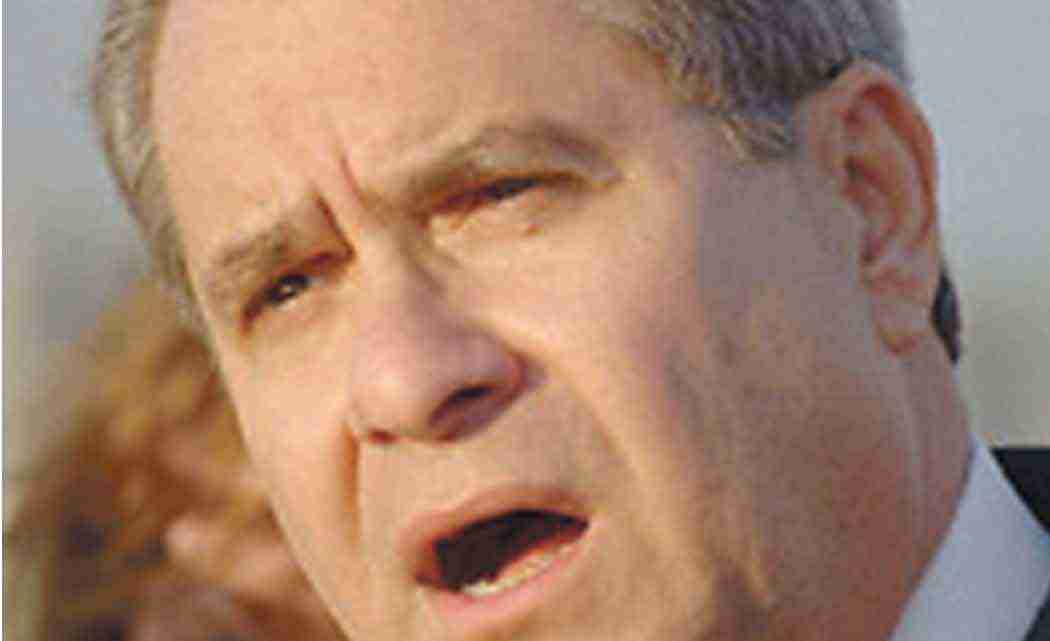By LAURA WIDES-MUNOZ
Associated Press
MIAMI — Hours before President Barack Obama announced an end to a half-century of U.S. efforts to isolate Cuba’s communist government, the Cuban American National Foundation opened the doors to its inviting new headquarters, with a modern glass and concrete lobby in the heart of Miami’s Cuban exile community.
The symbolism is hard to ignore: The lobbying group was founded in 1981 by veterans of covert U.S.-supported missions to overthrow Fidel and Raul Castro, and for many years it worked to undermine the communist government from offices in an unmarked Miami building outside Little Havana. A guard kept out unwelcome visitors, and its leader Jorge Mas Canosa tended to leave little room for differing opinions.
But Mas Canosa’s son, Jorge Mas Santos, has transformed the foundation since his father’s death in 1997, and the new building is better suited to this latest, more direct and transparent chapter in U.S. Cuba relations.
It also reflects how a niche industry of passionate anti-Castro groups, sustained in part by millions of U.S. taxpayer dollars over the decades, will have to adapt to new ways of dealing with Cuba.
“I think now everybody is going to be – and should be – more open about the activities they do with the opposition in Cuba,” the foundation’s president, Pepe Hernandez, told The Associated Press in an interview.
Miami has hosted die-hard anti-communists organizations ever since Cuba’s 1959 revolution, plotting the ill-fated Bay of Pigs invasion and countless failed efforts to assassinate Fidel Castro.
In the 1970s, it was dangerous for exiles to speak out against the hardliners. Some who argued
against isolating Cuba lost their legs in car bombs. Cuban-Americans who advocated ending the embargo and engaging with people in Cuba were threatened and harassed well into the 21st century.
Nearly all these organizations now focus on working with Cubans on the island, and only a few extremists advocate violence.
But many are furious at Obama.
“Barack Obama’s announcement gives recognition to the illegitimate Raul Castro regime, this undermines international condemnation of this regime as the dictatorship it is,” said Orlando Gutierrez. He runs the Cuban Democratic Directorate, which supports Cuban dissidents and runs a Miami-based shortwave radio program Cubans can call into from the island.
The Cuban American National Foundation is more interested in having a seat at the table as the Obama and Castro governments work out the details of restoring a relationship all but frozen five decades ago.
“We urge the Obama administration to confirm its support for the right of the Cuban people to be free by increasing the funding of the Cuba Democracy programs,” Mas said in a statement.










No Comment